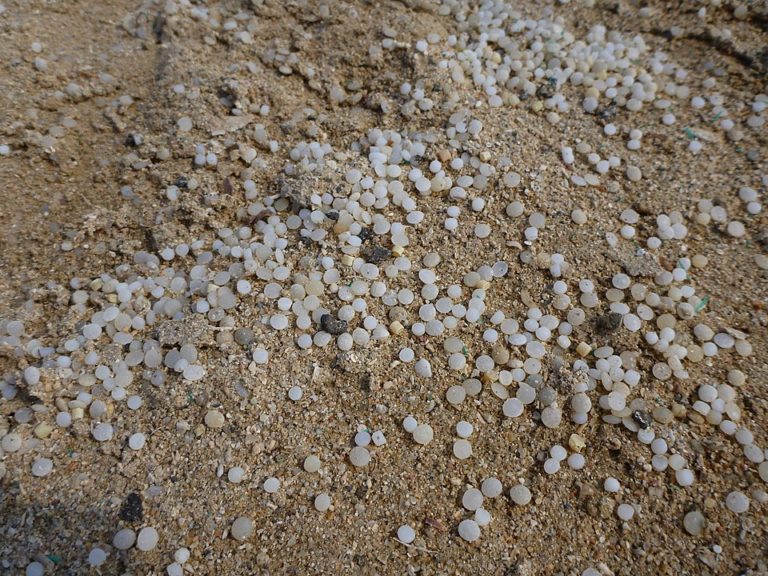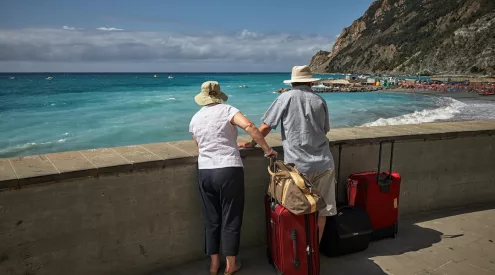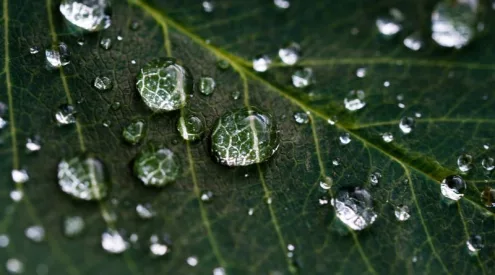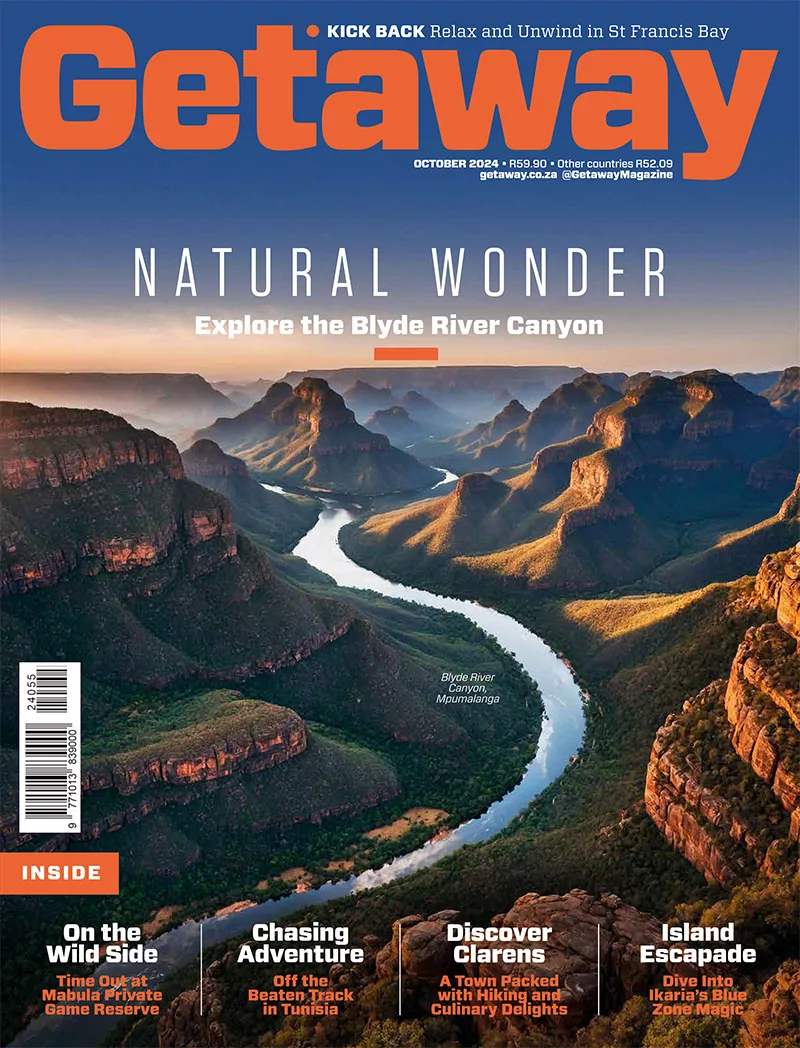Thousands of nurdles have washed ashore on Mossel Bay Beaches this week. Nicky le Roux, a municipal spokesperson says that the plastic pellets are a danger to marine life.
Nurdles are the pre-production building blocks for nearly all plastic goods, according to The Atlantic. They are used to make everything, from bottles to oil pipelines and are also an environmental hazard.

Nurdles are a large threat to wildlife.
Quartz describes it as ‘the biggest pollution disaster you’ve never heard of’. Nurdles weigh approximately 20 milligrams each and are found nearly everywhere. An estimated 250,000 tons enter the ocean every year.
The source of the spill is unknown, according to le Roux, who says she is concerned because nurdles never dissolve nor disintegrate completely.
Marine animals commonly mistake nurdles for food, which blocks their intestinal tract and causes starvation when ingested.
Mossel Bay residents have turned to social media to express their concern about the situation, according to the Mossel Bay Advertiser. Photographs posted to private community Facebook groups show nurdles peppering the sands of Hartenbos Beach and Kanon.
The Mosselbay Municipality has asked locals to be vigilant and to remove the nurdles from beaches but they cautioned that nurdles should not be disposed of in normal household waste because they may also pose a danger to animals that scavenge at landfill sites.
‘I thank our community for being concerned about the environment and for taking the time to remove these nurdles from our beaches. I appreciate the painstakingly hard work entailed in removing the nurdles,’ said Mosselbay’s acting mayor, Dirk Kotzé.
In order to dispose of nurdles safely, locals have been advised to contact the nearest conservancy or Stranded Marine Animal Rescue Team (S.M.A.R.T.) representative via cellphone at 072 227 4715.
VEILIGE VERWYDERING VAN NURDLES BEPLEIT
Nurdles, oftewel plastiekkorreltjies ongeveer so groot soos lensies, spoel weer…Posted by Mossel Bay Municipality on Monday, October 5, 2020
Picture: Wikimedia Commons

















